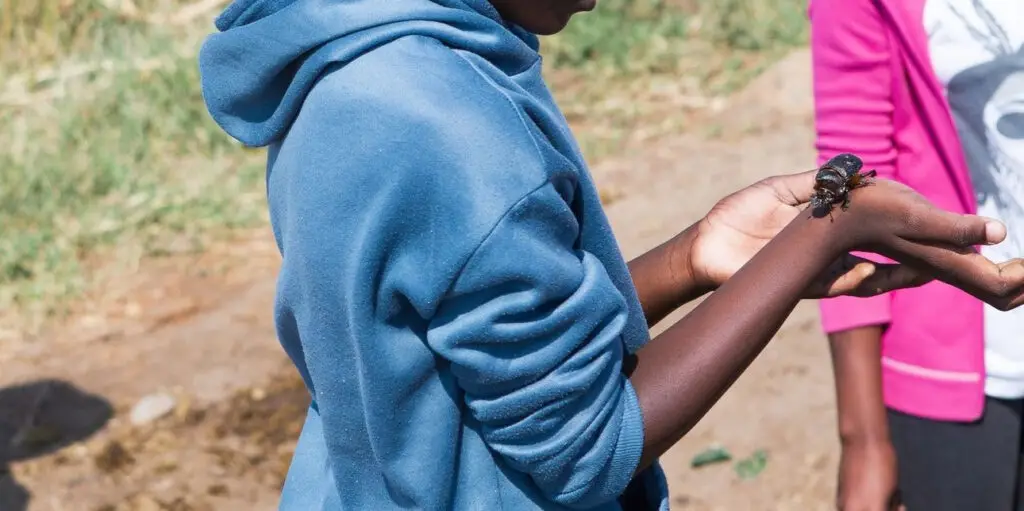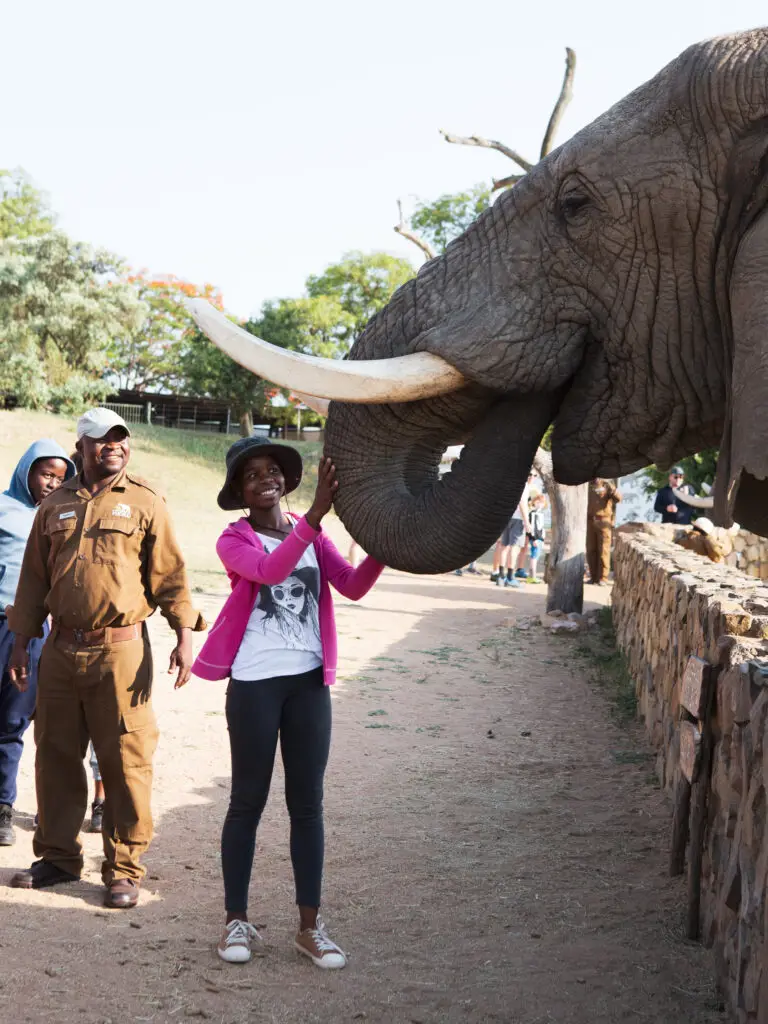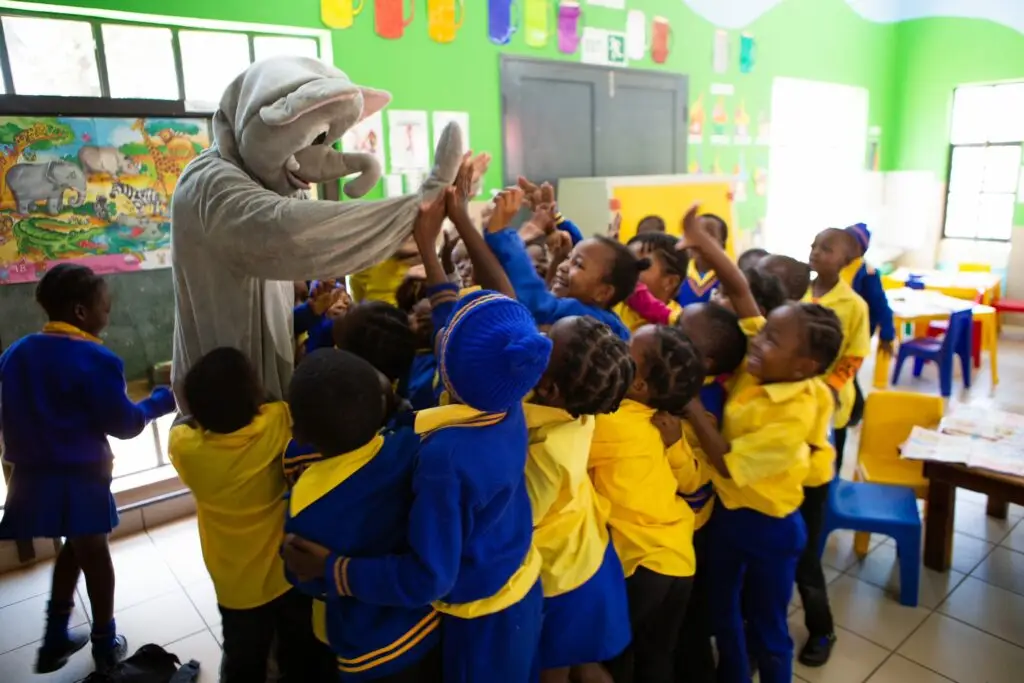Wildlife & Environmental Education
Environmental and wildlife education is crucial for fostering sustainable coexistence between humans and nature in African communities. By understanding the interconnectedness of ecosystems, communities can better appreciate the role of wildlife in maintaining ecological balance and recognize the importance of conserving natural habitats.
Economic Benefits
Educating communities about wildlife can lead to economic benefits. Tourism, particularly eco-tourism, is a significant source of income in many African countries. Well-preserved wildlife and natural environments attract tourists, generating revenue and creating jobs. By teaching communities the value of conservation, they can actively participate in and benefit from sustainable tourism initiatives.
Reducing Human-Wildlife Conflict
Human-wildlife conflict is a significant issue in many parts of Africa, where expanding human populations encroach on animal habitats. Education programs can help mitigate these conflicts by promoting practices that reduce the risk of encounters and damage. For instance, teaching farmers how to protect their crops from elephants or how to safely coexist with predators can reduce tensions and improve safety for both humans and wildlife.



Enhancing Environmental Stewardship
Environmental education fosters a sense of stewardship and responsibility towards the natural world. When people understand the long-term impacts of activities like deforestation, poaching, and pollution, they are more likely to adopt sustainable practices. This stewardship is vital for the preservation of Africa’s rich biodiversity and natural resources.
Promoting Health & Well-being
A healthy environment directly contributes to the well-being of communities. Clean water, air, and soil are fundamental for human health. Environmental education emphasizes the importance of protecting these resources, leading to improved public health outcomes. Additionally, access to natural spaces has been shown to enhance mental and physical well-being, further underscoring the need for conservation.
Izindlovu supports several environmental education initiatives
Reducing human-elephant conflict can only be obtained by involving local communities and empowering and educating local people. By building partnerships with schools, our fund joins forces with local projects and work together to share elephant conservation awareness and sustainability tools and knowledge.

